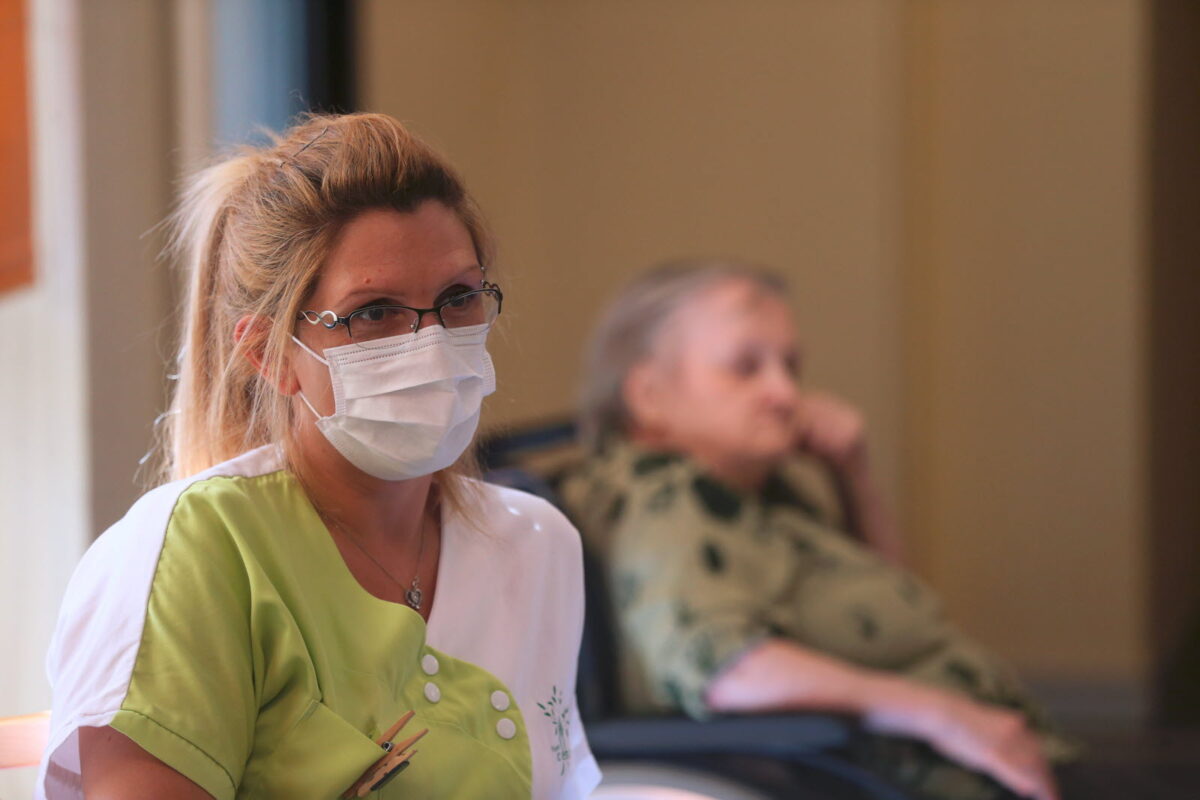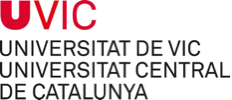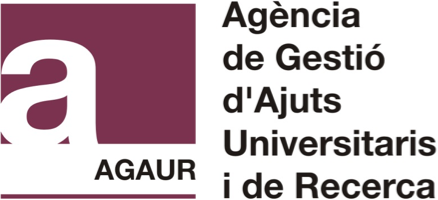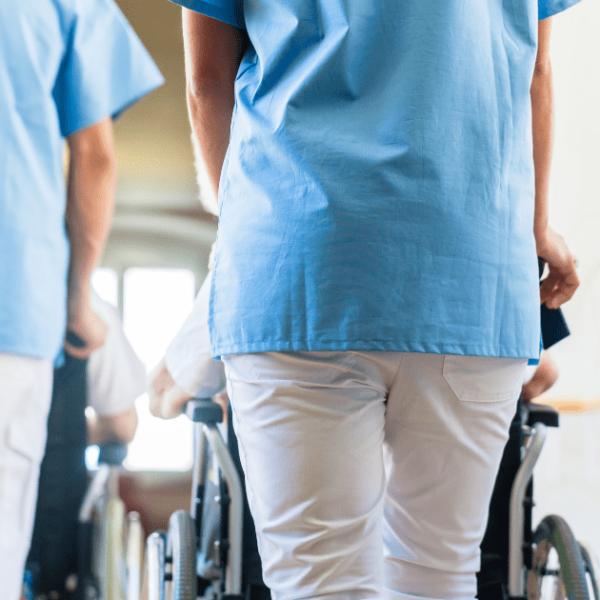ResiCOVID-19

ResiCOVID-19

ResiCOVID-19 is a research project whose main objective has been to improve the care model of the residential care system in Catalonia, impacting on an improvement in the lives of residents, their relatives and professionals. Part of the high impact that COVID-19 has had on the centers. The final report contains 200 specific improvement proposals with measurement indicators.
(2021-2022)
The area where the COVID-19 pandemic has probably caused the most devastating impact has been in residences, especially those for the elderly. Beyond the high mortality rates, the consequences have been many and very significant both for the residents themselves, as well as for their families, the professionals who work there, the organizations that manage them, and the social and health system in general .
ResiCOVID-19 has provided a systematic and in-depth assessment of this reality and, based on the lessons learned – both in Catalonia and in other countries with similar residential models – has built proposals for improving care and the model of care for these people
The knowledge provided aims to contribute to the improvement of the quality of care for the 60,000 people who currently live in the approximately 1,000 residences in Catalonia, and indirectly also benefit the families, the professionals of the residences and the whole of social and health system.
ABSTRACT
Objectives
Assess the impact of the COVID-19 pandemic on people who live in residences, especially geriatric, dependency and mental health care homes Catalonia, as well as their families, workers and organizations.
Develop proposals for improvement at the level of care, training, organisational, structural and systemic, based on the lessons learned, build proposals for improvement care and care model for these people.
The fundamental components of the project
Description of the situation (literature and documentary review), review of international experiences of LTC policies in 6 countries, description of the residential sector and the impact in Catalonia, description of the structure of the participating centers, characteristics of the resident population , description of the state of health and job satisfaction of professionals, of the impact of COVID-19 on centers and people (residents, family members, professionals, members of management), with perspective of gender in all cases, assessment of the perceived quality of care by residents, family members and professionals based on ACP parameters and the development of improvement proposals and indicators.
Methodologies used
Multimethodological and have included the review (non-systematic) of literature and documentary, realist review, review of global quantitative data in Catalonia (Big data), semi-structured survey of referents from 6 countries (benchmarking), descriptive structure of the centers’ characteristics, quantitative of characteristics to residents, family members, professionals and members of the management, observation, qualitative interviews with residents, family members and professionals, semi-structured, structured and open interviews with 160 experts and stakeholders, quality
assessment survey based on the ACP dimensions, of improvement proposals by dimensions and by areas (global sector, organization, care for residents, care for family members and leadership) and, finally, preparation of the proposal for indicators.
Conclusions
The project has concluded with 200 specific improvement proposals with measurement indicators, and emphasizing that the relevance, the quantitative and qualitative dimension, and the complexity of the challenge of improving residential care – in a context of population aging and changes in family support capacity – inevitably requires:
1. A powerful, innovative, clear national approach and institutional definition of the vision of a new model of care, organization, financing, and provision, as well as professional skills.
2. An approach shared and co-created with people, institutions and organizations in the sector.
3. Institutional and sector leadership, accompanied by specific leadership in centres.
4. A radical change in the social and cultural position of the sector towards being a benchmark for caring attention, respected, valued and cared for.
5. A funding model plan and gradual structural conversion.
The set of these measures should position the residential sector as one of the ethical reference points for the dignity of society
Partners





Supported by


Projectes de recerca







